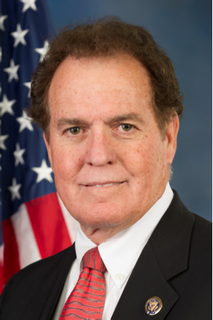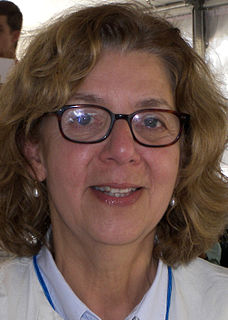A Quote by Phil Gingrey
As a physician for over 30 years, I am well aware of the dangers infectious diseases pose.
Related Quotes
Especially working in infectious disease, it's very interesting because these infectious diseases, these agents, they evolve over time. So it's very much an arms race and understanding how each changes to protect itself and to continue. And so it's very much this puzzle-solving but with this great urgency and importance in what you find.
I am not a technophobe and I am using the latest technology today, some 30-odd years later, and I am really enjoying what some of the new technologies can offer. But at the same time I am always aware that one can get bogged down in that technology and that it can become more than just a method. That's something that you have to be slightly careful of.

































